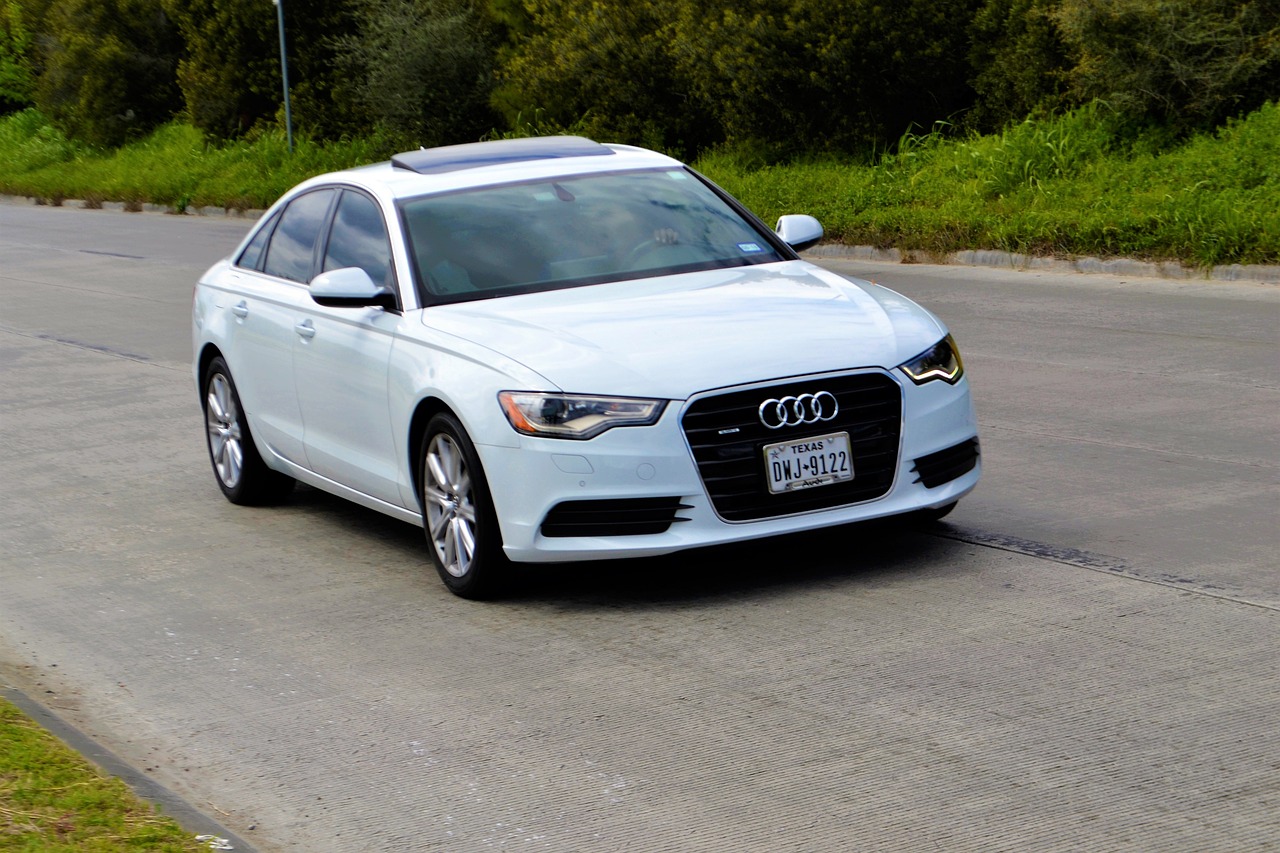Planning to buy a new car? Here are some essential tips to help you make the right decision:
Before you start browsing for cars, determine a budget that covers all expenses, including insurance and maintenance costs.
Take your time to research various car models to find one that suits your lifestyle and preferences.
Consider the performance metrics and fuel efficiency of different cars to match your driving habits.
Prioritize safety features like airbags and ABS to ensure a secure driving experience.
Look beyond the purchase price and factor in ownership costs for a complete financial picture.
Check the resale value of the car to understand its depreciation rate over time.
Get insurance quotes to anticipate the ongoing insurance expenses for the chosen model.
Schedule test drives to evaluate the performance and condition of the vehicles on your shortlist.
Review the maintenance records to ensure the car has been well taken care of.
Run a vehicle history report to uncover any hidden issues that may affect the car’s reliability.
Don’t shy away from negotiating the price to get the best deal possible.
Set your limits and be ready to walk away if the terms are not met.
Explore different financing options to find the most suitable one for your financial situation.
By following these tips, you can make a well-informed decision when buying your next car.


